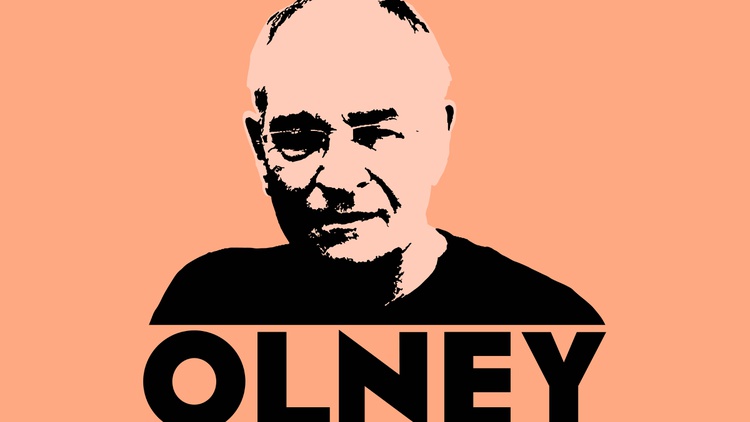Professor of Community, Food and Agriculture at Michigan State University, he studies consolidation in the food industry
Philip Howard on KCRW
More from KCRW

Can we make sense of Trump and Musk’s political approaches?
PoliticsKCRW unravels a disruptive White House week. Is the president just stirring outrage? Plus, we discuss Elon Musk’s influence on the foreign aid fight.

Fentanyl grips MacArthur Park as officials talk cleanup
LawLocals are frustrated as scenes of open drug use and misery play out day and night in a central LA park. Officials pledge outreach and cleanup.

What do Trump immigration crackdowns mean for OC?
Orange CountyTrump’s latest ICE orders give Orange County officials the choice to either collaborate or distance themselves from federal immigration enforcement.

Gen Z finds Trump and Musk inspiring, says UCLA study
EducationWhat do young people think of the American Dream? Not much, says a new UCLA study, but many of them want to disrupt the status quo like Trump.

San Clemente rejects proposal to ban feeding unhoused people
Orange CountyThe San Clemente City Council voted down a ban on giving food to strangers in public, including unhoused people.

NPR Special Coverage: Presidential Inauguration
PoliticsSpecial coverage of the 47th US Presidential Inauguration live in Washington D.C. from NPR.

Why can’t Los Angeles fix its broken sidewalks?
ArchitectureLA spends tens of millions of dollars settling sidewalk injury lawsuits each year. But the city says that actually fixing the sidewalks would cost more.

North Tustin wants its own zip code to pay fewer taxes
Orange CountyResidents of North Tustin say sharing a zip code with Santa Ana raises their taxes. A proposal aims to give them their own.

It’s all kicking off with China
PoliticsTariffs, artificial intelligence, semiconductors, electric cars: there is much to be said about the evolving relationship between China and the United States.

